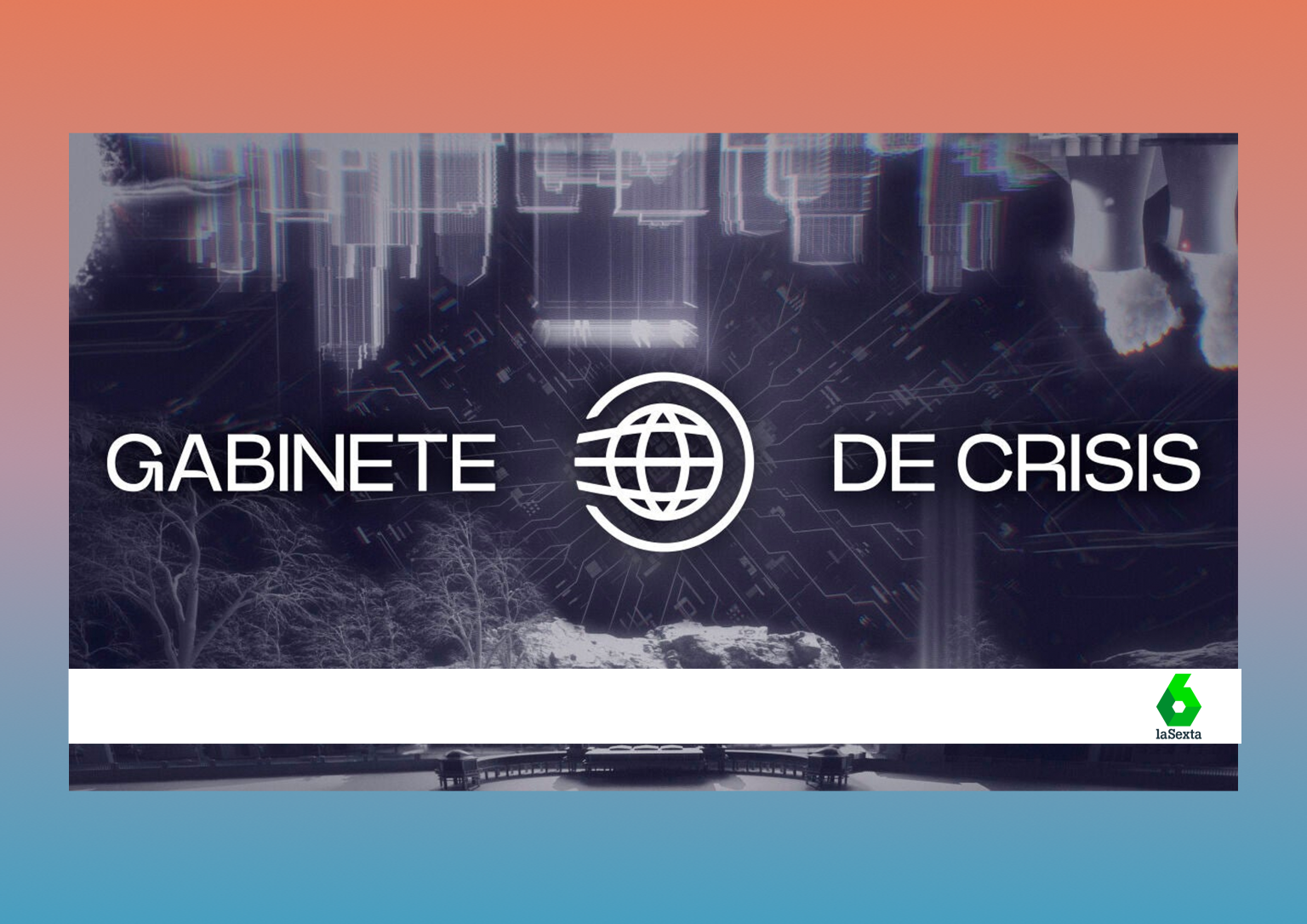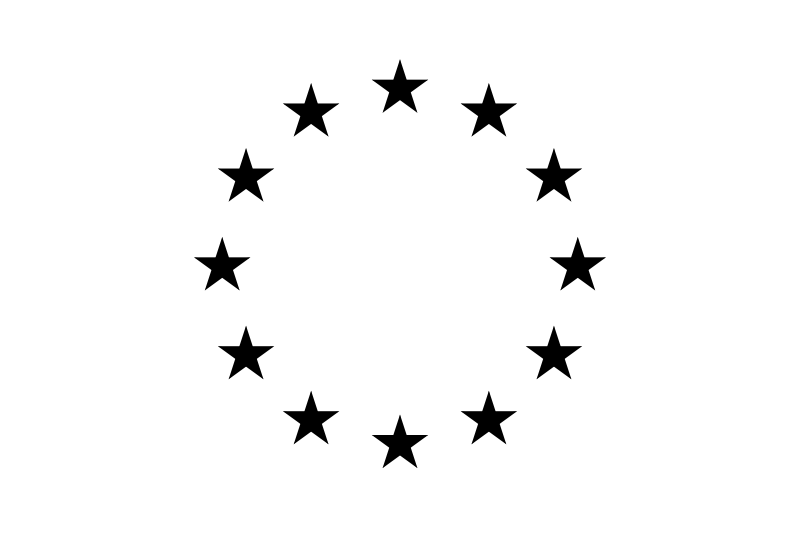What if Spain’s coastlines were to confront a tsunami?
Next Wednesday, journalist Emilio Doménech will delve into the topic of Spanish tsunami risk on ‘Crisis Cabinet: Tsunami,’ a prime-time TV program airing on La Sexta. This show seamlessly combines journalism, scientific outreach, and entertainment to evaluate Spain’s readiness for potential disasters.
The program will feature experts from the University of Málaga, including Jorge Macías Sánchez, who have made significant contributions to projects like ChEESE and DT-GEO.
Domenech will also make a special visit to the Madrid’s Complutense University of Communication Sciences to unveil the new program and address any questions about it.
Event Details:
- Date: Wednesday, November 22nd
- Time: 9:00 AM to 11:00 AM
- Location: Conference Room
For more information about the event, please visit this link.
To learn more about the TV show, follow this link.




